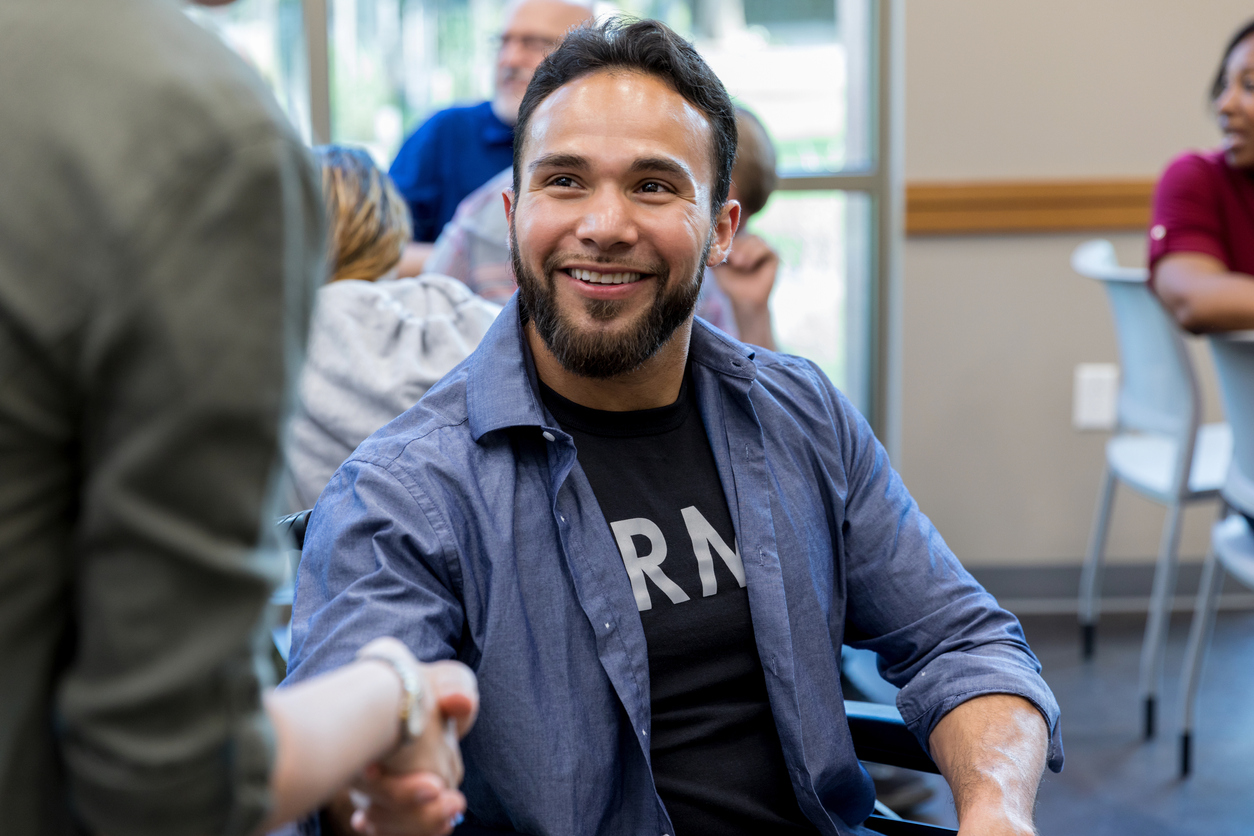Finding Strength through Prioritising Your Mental Health – a Guide for Australian Men
Gentlemen, are you too manly to seek an unmanly solution for an unmanly problem that you are too manly to acknowledge in the first place?
If so, I wish you luck in navigating your life at work, in relationships, through retirement, ageing and the general challenges that life throws at all of us.
Men have improved their physical health maintenance over the last couple of generations. We are more likely to seek help for physical injuries and illness than our dads and grandfathers did. Unfortunately, the same cannot be said for mental health in men. Yet.
Returning to my opening paragraph, the ‘unmanly’ problems I refer to are depression, anxiety, burnout, suicidal thoughts, violence and other abuses of power or privilege, and substance overuse or dependency.
The ‘unmanly’ solutions include counselling, medication, meditation, mindfulness, yoga, self-examination, relationship therapy, sobriety, drug rehab, exercising, changes to diet and learning to accept your limitations.
Where is masculinity in all that? It is in the mental strength of admitting you don’t know everything and need assistance to reset your course. To find better ways of coping, living, relating, learning, connecting and feeling it is worth staying alive.
How Can I learn Mental Strength & Resilience?
From a health and performance viewpoint, it is better to acknowledge your gaps and learn some mental resilience skills than to faff around ignoring the signs, advice and poor outcomes that are obvious to everyone around you, but strangely invisible from inside your manly cocoon. Not just to learn some skills, but then to practise them and master them like you would do a sporting skill or work skill.
You chose your work because it’s what interests you. You chose your sport(s) because you were suited to it and enjoyed the training and playing. You went with your physical strengths. I am built for stability and power rather than speed or agility. I chose my sports accordingly: Australian Football, basketball (defensive forward), baseball (catcher, first base).
How Can I Find my Mental Strengths?
You have mental strengths too. Finding and using them to improve your happiness and mental health will enhance success in your personal, professional and social lives. A lot of research has been done on these strengths across many cultures and they fall under six categories according to Professor Martin Seligman, a pioneer in positive psychology:
- Wisdom (creativity, curiosity, problem solving, love of learning)
- Courage (bravery, perseverance, honesty, enthusiasm)
- Humanity (kindness, social intelligence, love)
- Justice (teamwork, fairness, leadership)
- Temperance (forgiveness, humility, self-control)
- Transcendence (gratitude, humour, hope, appreciation of beauty and excellence, spirituality)
None of us is equally blessed with all six strengths. We are all good in some and weak (or absent) in others. Your first challenge is to find your own strengths – ask yourself, ask those who know, live or work with you, ask mates, bosses and subordinates. Be ready for any disappointment as others may not see you as you see yourself, only as you project yourself to them. Get over it. Learn from it.

What are Mental Strength Indicators?
You will recognise your strengths by the following indicators –
- It feels authentic (the real you)
- You are energised when using it
- You learn fast when practicing the strength
- You search for new ways to utilise the strength
- You seek out projects that depend on that strength
- You feel happy and enthusiastic when using it (it doesn’t feel like work)
The ability to use your strengths is underpinned by your general health and lifestyle. For example, are you getting enough sleep? Are your stress levels undermining your immune system making you unwell? Do you eat healthy? Are you getting enough physical exercise? Mental and physical health are not two separate parts of you, they interact and depend on each other for you to achieve best performance.
More health advice
View our wide range of health advice, tips and recommendations by visiting our health articles or checking out our top health articles below.
Optimising Bladder and Bowel Health Through Diet and Hydration
Optimising Bladder and Bowel Health Through Diet and HydrationBy: Jane Clarke07 May 2025EssentialsBladder and bowel dysfunction can result from a wide range of contributing factors, including diet and fluid intake. Even when the primary cause lies...
How to Treat and Prevent Scarring
First Aid for Burns:How to Treat and Prevent ScarringBy: Tracey Aldis29 April 2025EssentialsBurns are common injuries, especially in the kitchen.1 Many burns are not serious, and taking quick action can make a big difference. This guide covers the...
How to create a home wound care kit: step-by-step guide
How to create a home wound care kit: step-by-step guideBy: Tracey Aldis29 April 2025EssentialsMost injuries occur at home1, but minor wounds usually do not need medical attention. Having a wound care kit for home use allows you to treat small...
This article is sponsored by Independence Australia, a social enterprise that provides choices for people living with a disability or other personal need, enabling them to regain and retain their independence within a supportive community.
If you would like to support the valuable work we do, you can help us to provide choice for people living with a disability or other personal need by Shopping online with us or Making a donation.



